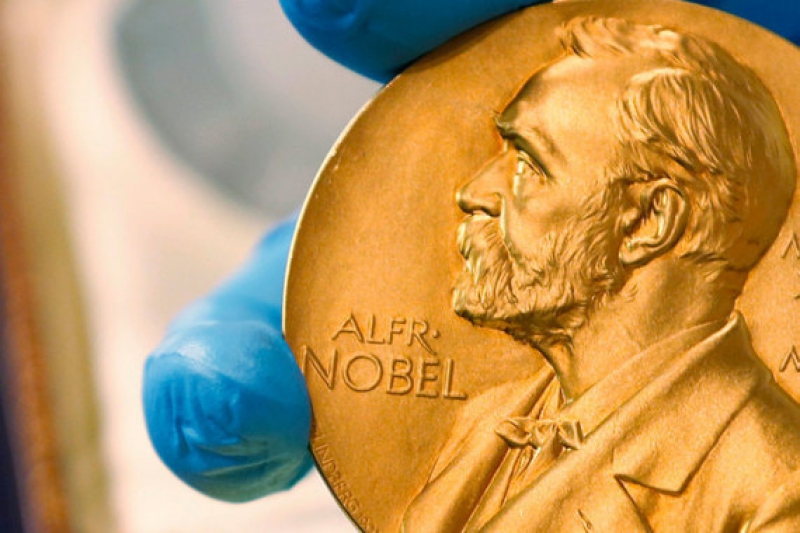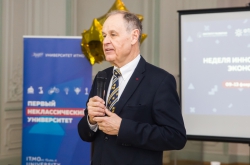There are special committees for Physics and Chemistry awards, the members of which are elected by the Royal Swedish Academy of Sciences. At first, several thousands of people propose candidates whose work is then analyzed by the experts to make the final decision. There can only be three Nobel Prize Winners in Physics in one year.
Interestingly enough, the names of the nominators are not announced to the public until 50 years have passed since the awarding ceremony, and the nominees themselves do not know them. The lists of the nominees and those who have appointed them are kept in a sealed envelope for half a century. On the eve of the Nobel Week, however, some news companies publish their own lists of those most likely to receive this world-famous scientific award.
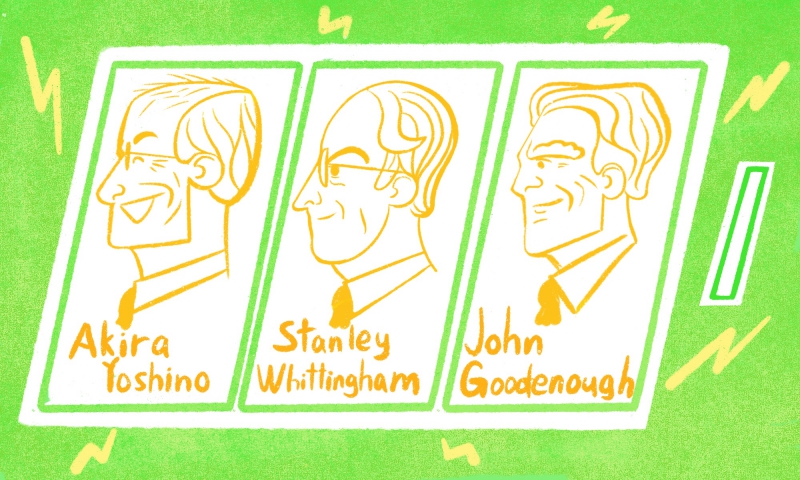
The 2019 Nobel Prize in Chemistry laureates are John Goodenough, Stanley Whittingham and Akira Yoshino. As it is stated on the Award’s website, “they created a rechargeable world”. This is a reference to lithium-ion batteries that the scientists have created and that now power every smartphone and laptop. Their work is based on electrochemical oxidation reactions happening to metallic lithium that comprises the anode. The battery’s development began back in the 1970s thanks to Stanley Whittingham. It was then continued by John Goodenough and in 1991 Akira Yoshino presented the first potentially commercially successful prototype. The batteries entered the market in 1991, bringing electronics closer to wireless standards.
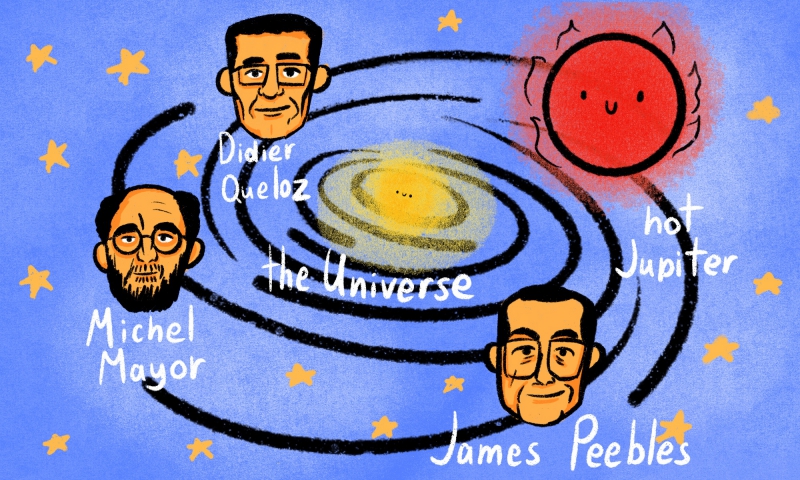
The 2019 Nobel Prize in Physics laureates are James Peebles, Michel Mayor and Didier Queloz. Peebles was awarded for “theoretical discoveries in physical cosmology” as he devoted many years to research in theoretical cosmology. He studied the cosmic microwave background that is directly linked to the early stage of the universe. With his theoretical framework, developed from the mid-1960s, he provided the basis of our understanding of the way the universe is organized and how it came to be.
Mayor and Queloz, in their turn, became laureates for discovering an exoplanet in the Milky Way, our home galaxy. In 1995, at the Haute-Provence Observatory in southern France they were able to spot 51 Pegasi b, a gaseous ball comparable to Jupiter, using instruments of their own design. This discovery led to a revolution in cosmology with over 4,000 worlds found in our galaxy, part of which used to be thought inhabited.
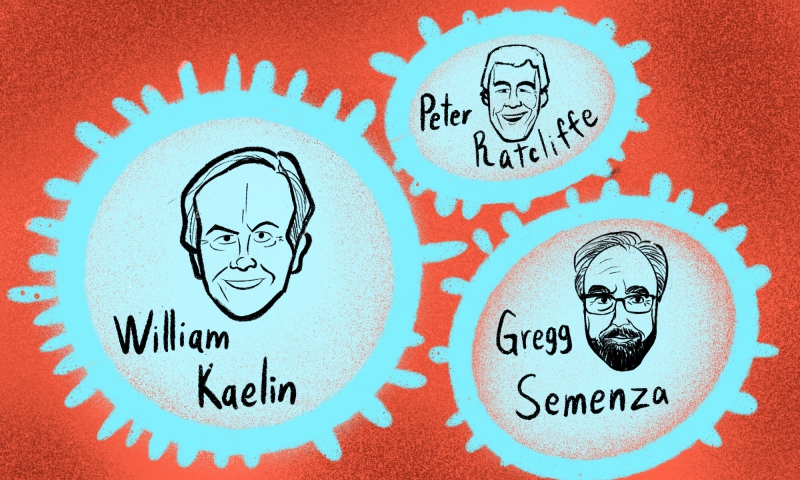
The 2019 Nobel Prize in Medicine was awarded for studies of the way cells react to oxygen or the lack thereof. The laureates are Gregg Semenza, Peter Ratcliffe and William Kaelin. They have identified the molecular mechanism that regulates gene activity in response to different oxygen levels. Their findings will facilitate the development of new ways to combat anemia, cancer and other diseases.
